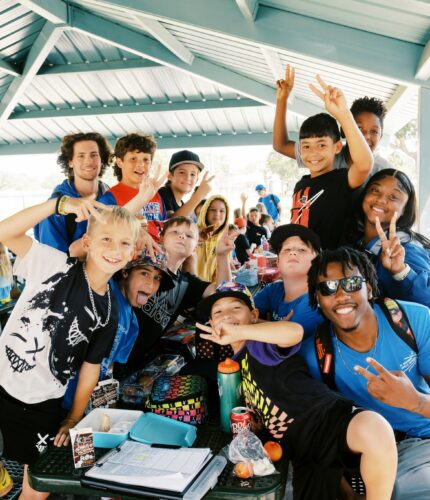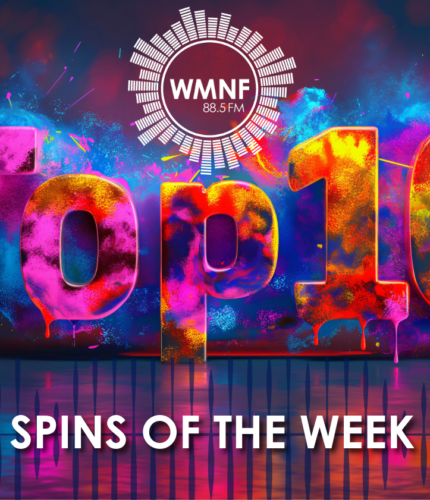
For over a century, music has been a potent force in the fight for economic justice and labor rights. Protest songs, in particular, have played a crucial role in raising awareness, fostering solidarity, and inspiring action among workers and activists alike.
These musical manifestos serve multiple purposes. First and foremost, they educate listeners about specific issues, often presenting complex topics in more accessible language than formal discourse. By doing so, they bridge the gap between academic discussions and public understanding, making critical information more widely available.
Moreover, protest songs create a sense of unity among workers and activists, fostering a collective identity. This solidarity is crucial in building and sustaining movements for social change. The shared experience of singing these songs at rallies, picket lines, and gatherings strengthens bonds and reinforces common goals.
Importantly, protest songs also serve as historical documents, preserving the struggles and societal issues of their time for future generations. They offer a window into the past, allowing us to understand the challenges faced by our predecessors and the progress that has been made.
Notable examples of protest songs addressing economic and labor issues span decades.
Florence Reece’s “Which Side Are You On?” (1931), written during a miners’ strike, starkly highlights the choices workers faced in their fight for fair treatment.
Woody Guthrie’s “This Land Is Your Land” (1940), often misinterpreted as a purely patriotic anthem, actually contains a pointed critique of private property and wealth inequality.
More recently, Dolly Parton’s “9 to 5” (1980) brought attention to workplace sexism and unfair labor practices, resonating with millions of workers across the country.
Economic themes in music extend beyond explicit protest songs, permeating various genres. Blues music, with its roots in African American experiences, often centers on economic hardship tied to racial inequality.
The Great Depression-era song “Brother, Can You Spare a Dime?” by Bing Crosby (1932) captured the desperation of that tumultuous period.
Folk music has long been a vehicle for social commentary, with artists like Bob Dylan addressing economic and political power structures in songs such as “Only a Pawn in Their Game” (1964).
Joan Baez’s rendition of “Joe Hill” pays tribute to a labor activist and songwriter, keeping his legacy alive through music.
In the realm of hip-hop, economic struggles and urban poverty have been recurring themes since the genre’s inception.
Grandmaster Flash and the Furious Five’s “The Message” (1982) vividly described inner-city poverty.
while more recent tracks like Kendrick Lamar’s “Alright” (2015) touch on economic struggles while offering messages of hope and resilience.
Today’s artists continue to use their platforms to raise awareness and advocate for change, keeping the tradition of protest songs and socially conscious music alive.
As we face new economic challenges and labor issues in the 21st century, music remains a powerful tool for education, solidarity, and inspiration. It reminds us of our shared struggles and aspirations, urging us to continue the fight for economic justice and fair labor practices. In the lyrics and melodies of these songs, we find not only a reflection of our society but also a call to action – a reminder that change is possible when we raise our voices together.
Leave a Reply










